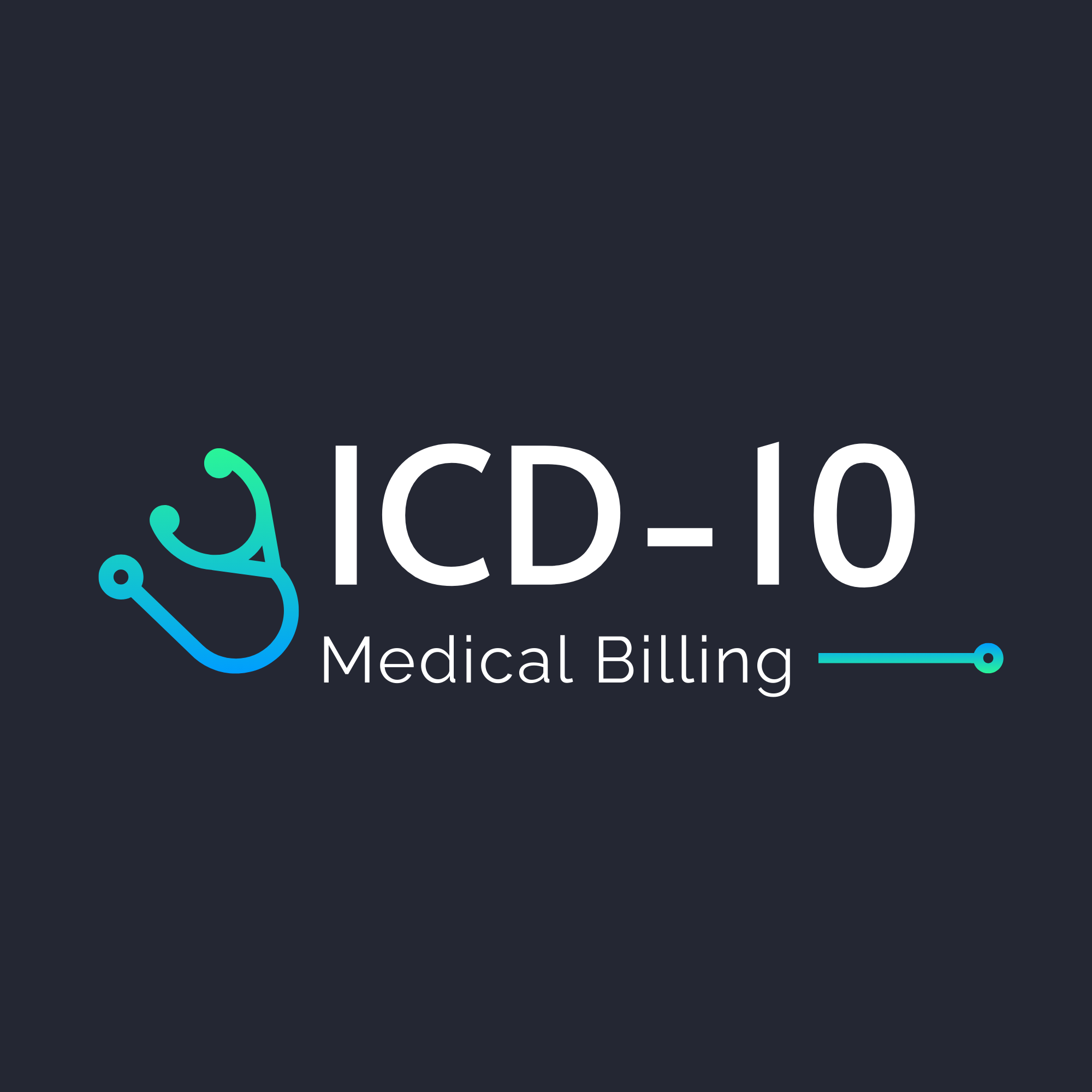Major depressive disorder (MDD) is a common mental health problem that affects many people around the world. It causes feelings of sadness and hopelessness that can last a long time. The ICD-10 code F32.9 is used by doctors to describe MDD when it happens once and is not specified in detail. This code helps doctors diagnose and treat MDD better. This article explains what MDD is, how it is diagnosed using the ICD-10 code F32.9, and how it is treated.
1. What is Major Depressive Disorder (MDD)?
- Explain MDD as a mood disorder characterized by persistent feelings of sadness, hopelessness, and loss of interest in activities.
- Differentiate between major depressive disorder, single episode, and other subtypes such as recurrent episodes.
2. Understanding the ICD-10 Code F32.9:
- Provide a detailed breakdown of the ICD-10 code F32.9: major depressive disorder, single episode, unspecified.
- Discuss the importance of specificity in coding for accurate diagnosis and treatment planning.
3. Symptoms of Major Depressive Disorder:
- List and describe the common symptoms according to the DSM-5 (Diagnostic and Statistical Manual of Mental Disorders) criteria.
- Include physical symptoms such as changes in appetite, sleep disturbances, and fatigue.
4. Diagnosis and Assessment:
- Explain the diagnostic process, including clinical interviews, symptom assessment scales (e.g., PHQ-9), and differential diagnosis.
- Discuss the role of medical history, family history, and psychosocial factors in diagnosing MDD.
5. Treatment Options for Major Depressive Disorder:
- Outline evidence-based treatments such as cognitive-behavioral therapy (CBT), antidepressant medications (e.g., SSRIs, SNRIs), and interpersonal therapy (IPT).
- Include emerging treatments like ketamine infusion therapy and transcranial magnetic stimulation (TMS).
6. Prognosis and Long-Term Management:
- Discuss the prognosis of MDD and factors influencing treatment response.
- Highlight the importance of long-term management, relapse prevention strategies, and patient education.
7. Statistics and Epidemiology:
- Provide current statistics on the prevalence of MDD globally and within specific populations (e.g., age, gender).
- Discuss the economic burden of MDD on healthcare systems and society.
8. Challenges and Considerations:
- Address challenges in diagnosing and treating MDD, including stigma, cultural differences, and access to mental health services.
- Discuss the impact of comorbid conditions (e.g., anxiety disorders, substance use disorders) on MDD treatment outcomes.
9. Research and Innovations:
- Summarize recent research findings in MDD treatment and neurobiology.
- Highlight ongoing clinical trials and innovative approaches to managing treatment-resistant depression.
10. Conclusion:
- Recap the key points discussed about major depressive disorder and the significance of the ICD-10 code F32.9.
- Encourage awareness, early intervention, and destigmatization of mental health disorders.
Stay informed with ICD Med-Billing for the latest updates on ICD-10 codes.




